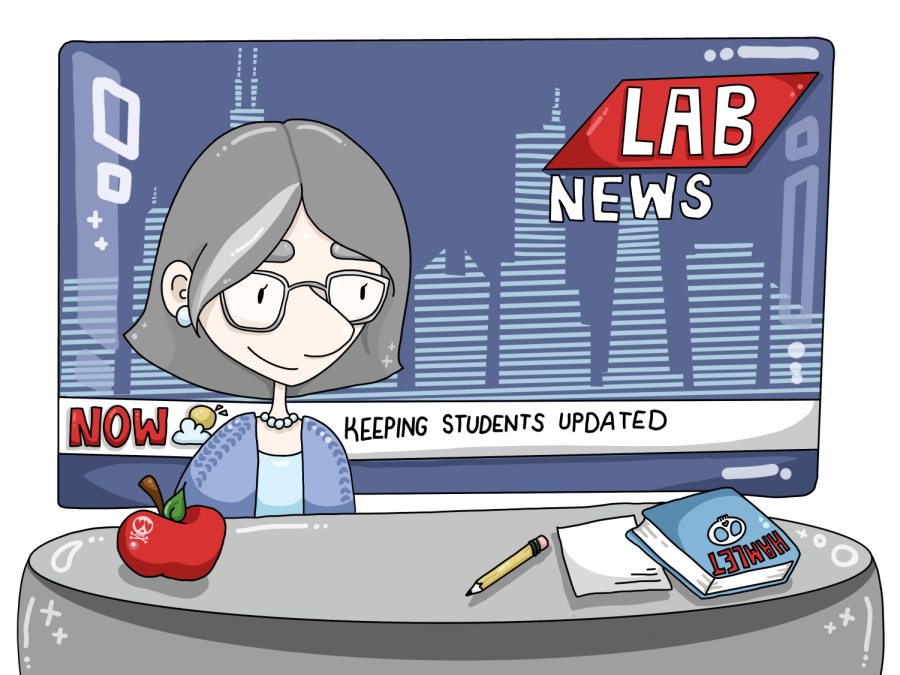Current events are critical to education
In order to become productive citizens and participate in democracy, students need to engage with current events in the classroom.
October 27, 2022
As the Midway sees it…
Voter impressions of President Biden coming into the Nov. 8 election. Results of China’s 20th Communist Party Congress. The causes of higher gas prices. Iranian protests. These are all current issues in the news, yet most students may not even be aware of them, or are unable to properly discuss them at school.
In order to become productive citizens and participate in democracy, students need to engage with current events in the classroom.
Students must take the initiative to engage on their own with news and relevant topics, such as through the school’s student media or the vast array of student-led clubs. The Midway’s editors and reporters all work to bring newsworthy content to the school platform on a regular basis, while club leaders bring a specific lens to current issues.
By joining a club or even a journalism class, a student learns to engage deeply with relevant issues, analyze and observe them and share what they believe is important. These skills offer the individual the ability to think critically about worldwide problems as well as positively influence and inform peers.
Students need guidance and structure, so curriculum should require certain courses to include relevant coverage. Courses such as English and history, which rely on active discussion-based learning, tend to cover current events more frequently. However, current events can be addressed through all subjects, not just those within the humanities. Science, math, P.E./health classes — all classes — can discuss relevant advances and breakthroughs as they occur.
Teachers can integrate current events through discussions and other class activities without having to forfeit much of the existing curriculum. They could plan class or small group discussions that touch on headlines in the news, and student responses to a timely issue that relate to the class unit or chapter. In integrating this content into the classroom, teachers are able to contextualize the course concepts. It also makes material more interesting and relevant.
Beyond the classroom discussions and activities, advisory provides an effective place to discuss current events. Meeting three times a week, advisory offers students structured time in a group outside a specific class. This can be a space to discuss what is not explicitly covered in the school curriculum.
Some advisory time should be used to implement dialogue on real-world topics and have students examine and discuss issues important to them. Advisers could initiate a broad discussion on a news topic’s significance or meaning, allowing students to learn about concepts or ideas that extend beyond any one subject area or focus.
Current events are an immensely important part of daily life, so faculty and students should take responsibility and enable students to address these topics, increase the value and relevance of curriculum, and help them prepare for their life beyond high school. It is to the benefit of all students and their education that important events happening in the world be discussed and taken seriously.































































